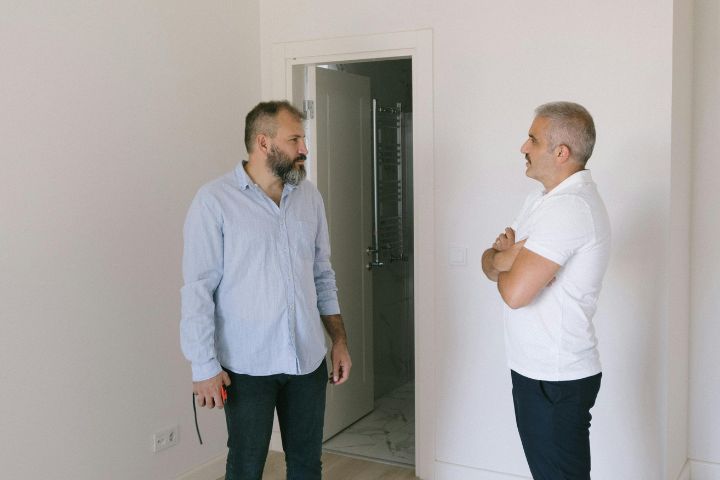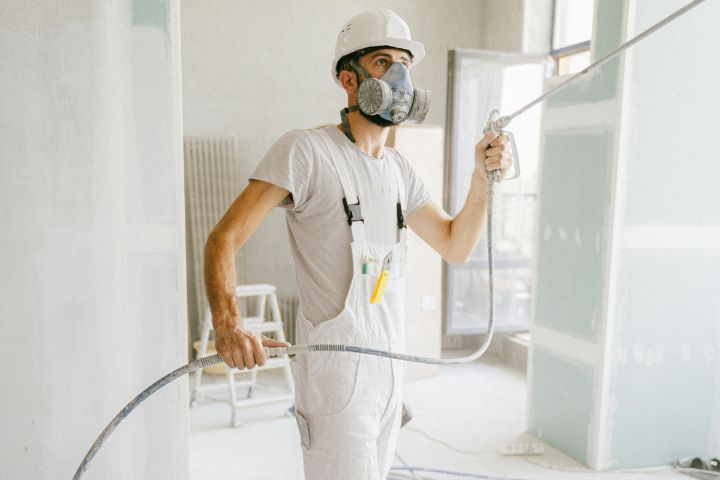
Upon renting or leasing a property, you would expect to be in a secure and comfortable space. Regrettably, there are careless landlords out there, and it can negatively impact your life if they don’t do maintenance or other obligations. So, here are some measures you can take to handle the situation!
Document The Problem

The first step is to record the problem as detailed as possible for evidence. Also, take pictures and videos of it. Your documentation should contain information about when the problem started and its progress. If you have already contacted your landlord, keep records, including the dates.
Request Repairs In Writing

Before taking any action, you should write a formal request for repairs to your landlord. In your request, hit on specific details like the exact nature of the problem, its duration, and how it’s causing discomfort. You may want to send it through certified mail or similar channels to ensure they received it.
Understand Your Lease

A better understanding of your lease will help you understand your rights and obligations, so re-read it carefully. Leases typically cover the kind of repairs the landlord should handle or how the process of fixing them should go. Reading yours may show you a better way to fix the issue.
Know Your Local Laws

Do you know what your state or city has to say about landlord-tenant relationships? If you don’t, it’s time to learn the laws of your area regarding tenancy. When you know things like what your landlord is responsible for fixing or how long he has to fix issues after your notice, it will guide you into taking the right actions.
Contact Housing Authorities

If your landlord refuses to do anything about your home, you can contact your local housing or building authority. They are the ones who enforce building codes and may inspect your property to see if there is any threat to your health or safety. Your landlord may also get a fine or an order to make repairs.
Use A Tenant-Landlord Mediation Service

Mediation is free or low-cost in many parts of the country, and you can use it to resolve your issue with your landlord. A mediator acts as a neutral party while helping you and your landlord agree on something that works. This option is also less stressful than going to court.
Withhold Rent (If Legal)

This depends on the state you live in and the problem’s dangers. You may have the right to withhold rent in Florida but not Texas. Follow the law carefully when doing this. The law might require you to notify the landlord or deposit the rent into a particular account.
Repair And Deduct (If Legal)

Some places, like California, may allow lessees to repair the issue and deduct the money from their rent. This must be done according to the laws there. You may need to notify your landlord and give him time or state how much you can spend on the repair. So, always keep a receipt of the cost incurred.
Contact Consumer Protection Bodies

Besides housing authorities, consumer protection agencies are another place to turn to. File a formal complaint there, and they may come around to investigate the problem. Remember to include evidence of the situation when reporting and proof that your landlord isn’t responding. They can compel your landlord to take legal action against them.
Use Rent Escrow

Here’s how rent escrow works: You pay your rent to the court or someone the court assigns to receive it, and your landlord won’t get the rent until he repairs the problems in your home. This way, the renter keeps playing his part, and the landlord is forced to do his so he can be paid.
Hire A Lawyer

Have you tried everything mentioned so far, and your landlord isn’t budging? It may be time to consult a tenant lawyer. These professionals are well-positioned to provide guidance on legally resolving the issue. To save money, you can turn to contingency lawyers who won’t charge you if you don’t win your case.
Join A Tenants’ Union

A tenants’ union is a group of renters who join forces to advocate for renters’ rights. When you join one, you can meet with other renters who share your problem and, together, put more pressure on the landlord to make repairs. You may learn more about your rights and get helpful advice in some unions.
Publicize The Issue

Some landlords quickly bow to public pressure, as it affects their reputation. So, use that to your advantage. Call local newspapers or blog and share your story with them. Post about your issue frequently on social media. All these can scare people from renting from him. To save his face, he may rush to do the repairs.
Collect Witness Testimonies

Have other people who have seen the need for repair in your home give you a written statement about it, especially if they are respected community members, like politicians or clergy members. Their statement can serve as further proof of your poor living conditions and be handy if the issue gets to mediation or court.
File A Lawsuit

If your landlord hasn’t sorted out the problem at this point, it may be time to file a lawsuit against him/her. Here, you can get the court to put the landlord under pressure to act, and you may even be entitled to monetary compensation in several cases.

